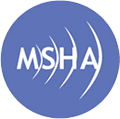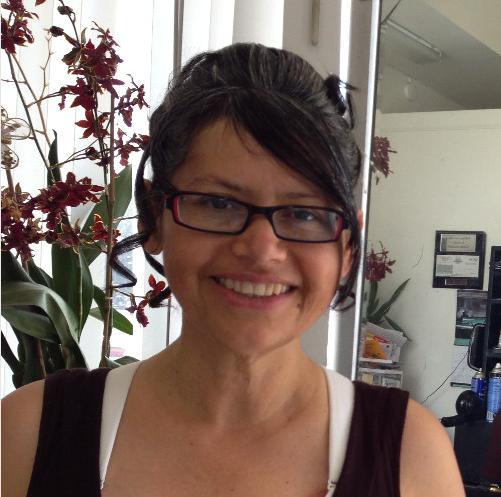
Stuttering vs Cluttering
December 1-31, 2025
Members: $10
Non-Members: $60
Program materials will be distributed via email the first business day of December.
Description
Speech fluency refers to the physical characteristics of human speech, including speech continuity, speech rate, and amount of effort in speaking. There are normal variations in the level of fluency of each speaker, however, when the daily life of the individual is negatively impacted by the speech fluency concern, an SLP may be involved in the assessment and clinical treatment of the disorder.
Presenters
Lourdes Ramos-Heinrichs, SLP, CCC-SLP
Learner Outcomes
The participants will be able to:
1. Describe the differential diagnosis of stuttering
2. Describe the differential diagnosis of cluttering
3. Develop and implement treatment plans for stuttering
4. Develop and implement treatment plans for cluttering
Agenda
20 minutes: Overview and Background
10 minutes: Questions and Audience Participation
20 minutes: Power Point presentation on Stuttering and examples
10 minutes: Questions and audience participation
25 minutes: Power Point presentation on Cluttering and examples
5 minutes: Questions and audience participation
10 minutes: Case Study Small Group Discussion
10 minutes: Information Sharing from Small Group Discussions
10 minutes: Conclusion, questions, and Wrap-Up
About the Presenter

Lourdes Ramos-Heinrichs, SLP, CCC-SLP is a lifetime member of the American Board of Fluency and Fluency Disorders. She has taught graduate courses in Fluency and Fluency Disorders, supervised stuttering clinics, and headed a fluency cohort in the Boston Public schools for the last 20 years. She has also presented seminars in fluency disorders in national and international conventions, and has addressed diagnostic and clinical aspects of stuttering in various publications.
Disclosure Statements
Lourdes Ramos-Heinrichs, SLP, CCC-SLP
Financial: Lourdes is receiving an honorarium for this presentation.
Non-financial: Lourdes is a member of ASHA. She is a lifetime member of the American Board of Fluency and Fluency Disorders. Lourdes heads the fluency cohort for the Boston Public Schools. She directs the clinical component of Camp Words Unspoken.
Discrimination Policy:
MSHA does not discriminate against students, parents, employees or the general public on the basis of race, color, sex, homeless status, gender identity, religion, national origin, sexual orientation, disability, or age. MSHA is also committed to maintaining an educational environment free of harassment. Harassment based on race, color, religion, national origin, gender, sexual orientation, gender identity, homeless status, age or disability is prohibited. In addition to the protected classes identified above, as to employment practices, MSHA also does not discriminate based on genetic information, ancestry or status as a veteran.
Accommodations for Persons with Disabilities:
We want to provide the best learning experience for everyone. In compliance of the ADA, should you require any accommodation to fully participate in this training, please contact theoffice@mshahearsay.org or call 781-314-9517.
Continuing Education Credits:
Satisfactory Completion Requirements for ASHA CEU’s
ASHA CEU’s will be awarded after viewing of the entire presentation and submission of a completed evaluation and an assessment of learning. There is no partial credit. A link to the assessment and evaluation will be sent out following the program.
ASHA requires participation in the CEU Registry to receive CEUs. If you are not part of ASHA’s CEU Registry, the Certificate of Completion will serve as documentation for ASHA CMHs.



ASHA CE Provider approval and use of the Brand Block does not imply endorsement of course content, specific products, or clinical procedures.
Interested in sponsoring this event? Please consider partnering with us for this worthwhile experience. If you have any questions, contact our office at 781-647-7031 or by email at theoffice@mshahearsay.org.

